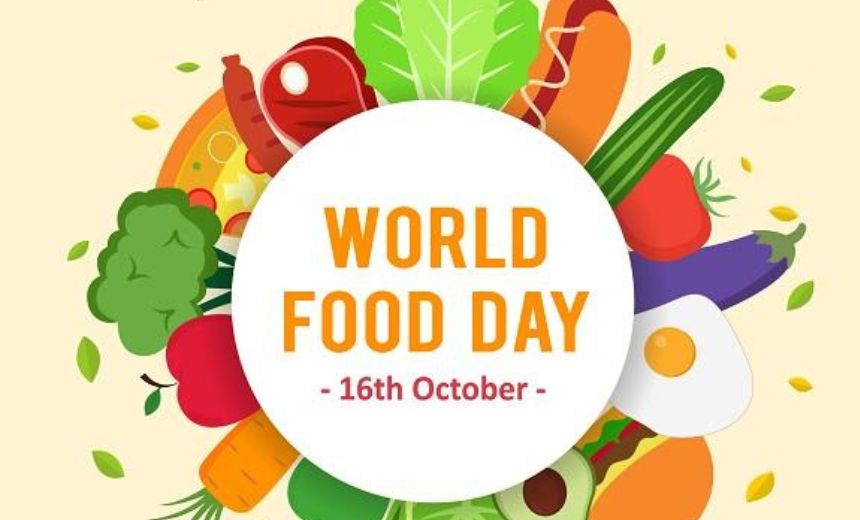Today is World Food Day, a day to reflect on food security, sustainable agriculture, and the right to nutritious food for all.
Here in Nigeria, the spotlight is on the growing challenges in feeding the nation.
To mark the day a summit to look at Nigeria’s food situation, what’s being done, and what lies ahead was held on Wednesday, here in Abuja.
It was a gathering of farmers, as done every year to promote the world food day celebration by raising awareness and taking collective action against hunger and malnutrition.
And this year, the farmers had the opportunity to make their voices heard.
Another issue of great importance that was raised was the need for the implementation of the Mechanisation policy.
Participants at the summit urged the Nigerian government to priortise increased investments in agriculture, particularly in agroecology, and climate-resilient practices that support smallholder farmers, especially women and youth.
They also used the opportunity to recognise the International Rural Women’s Day with the theme Empowering Rural Women for Reparatory Justice: Advancing inclusive and sustainable Agri-Food Systems in Africa, stressing the need for the Nigerian government to mitigate the growing hunger and malnutrition crisis in the country.
According to the Food and Agriculture Organization or FAO,
access to safe, nutritious, and sufficient food remains a pressing global goal. Every year, countries assess progress and confront setbacks in their food systems.
In Nigeria, the stakes are high. With a rapidly growing population, structural challenges, and recurring crises, achieving food security is a formidable task.
Farmers speak of rising input costs, erratic rainfall, insecurity, and limited access to storage facilities.
In the markets, consumers are bracing for seasonal price hikes.
Although the inflation rate has eased somewhat, food inflation remains a heavy burden on household budgets.
According to the latest figures from the National Bureau of Statistics, headline inflation dropped to 18.02% in September, partly thanks to a reduction in food price growth. Food inflation, however, is still at 16.87%, down from 21.87% the month before.
In Nigeria’s conflict‑affected zones — especially in the Northeast — the struggle is more acute. The United Nations reports that nearly 31 million Nigerians face acute food insecurity, with millions at nutritional risk.
The World Food Programme warns that, due to funding shortfalls, 1.3 million people could lose access to lifesaving food assistance.
In the heartland, farmers contend with theft, banditry, disrupted supply chains, and soaring transportation costs.
In some local government area, over 30 percent of produce is lost before reaching the market — a crippling drain on income and supply.
Post‑harvest loss has long been a major challenge. The government has pledged to cut these losses from about 45 percent to 20 percent in coming years.
Thus, Nigeria’s food crisis is not simply about insufficient food; it is about affordability, access, nutrition, stability, and systemic fragility.
In response to these multifaceted challenges, the federal and state governments have launched a number of initiatives. Some are reactive, while others are strategic.
President Bola Tinubu recently temporarily suspended tariffs on imported grains and other essential food items to help stabilize markets and ease scarcity pressures. State House Nigeria
The Federal Government has introduced a subsidy scheme for local wheat production. It offers 25 percent support for certified wheat seeds and 50 percent on fertilizers in participating states.
And the Ministry of Agriculture has announced plans to procure over 1,000 tractors to facilitate mechanized farming across states.
The government has also sought partnerships with international development agencies to scale interventions in priority food value chains.
For a nation of over 220 million people, food is not just a matter of health or livelihoods — it is a matter of national security, dignity, and sovereignty. The road ahead is long and complex, but bold choices and consistent execution can turn the tide.
(Editor: Ena Agbanoma)








